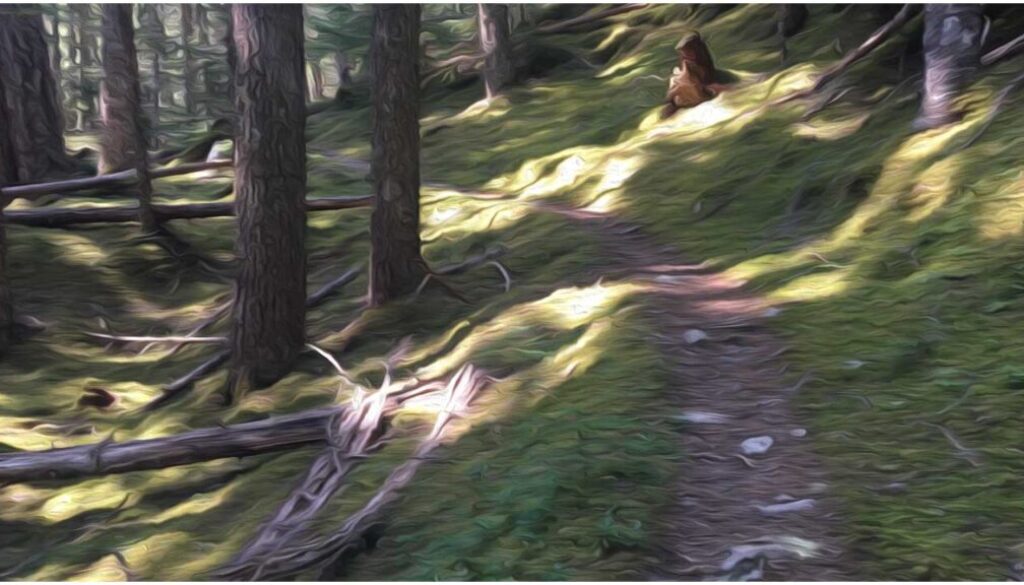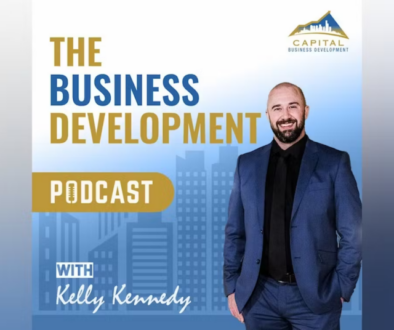During my stint as product and marketing lead at BLive Music, we spent a lot of time developing and building for our particular niche, rather than try to be yet another live music app that wasn’t terribly different from just performing on Instagram. Why does it matter?
First and foremost, owning your niche allows you to differentiate yourself from your competitors. We can find a million real estate agents who sell houses. Perhaps they specialize in a specific neighbourhood, along with the 10 or 15 others who focus there as well. But there are others who specialize in mid-century modern homes, and stage using real vintage props. Others have a special affinity for the water. I once had an agent who only worked with buyers. By focusing on a specific market or product, these agents established themselves as experts in their areas, which in turn led to increased customer loyalty and trust. But here’s the kicker: their well-defined niche, following the values they set for themselves, makes it easier for them to target their marketing efforts, resulting in a more efficient use of resources and a higher return on investment.
And that’s where North Then West comes in. In the previous iteration of my consulting practice, The Refined Story, I always struggled with my niche. Was I a writer? An editor? A product designer? A marketing expert? The answer, unfortunately, was yes. While I had (and continue to have) a broad toolbox of skills, my pitch was more like a ride in the great glass elevator — far too long and a little out of this world. But I had one consistent theme across all of the engagements I took part in: finding that differentiation.
As I spent the past year working with a coach to map out what, exactly, my niche would be, I landed in the place I’ve been working all along: helping companies, in particular established small and medium-sized companies, take stock of where they are so they can find new opportunities with pinpoint focus.
So that’s what we do: We help companies refocus themselves by establishing their true north. From there, we work with them to reinvent themselves, to go west to the land of new opportunities.
Let’s think about some companies that have been successful by differentiating themselves.
- We all know Patagonia, the outdoor clothing and gear company. In recent years they’ve built a loyal customer base by focusing on sustainable and environmentally friendly products. The company’s founder, Yvon Chouinard, and his family have put their money where their mouth is by giving the company to a trust to fight the climate crisis. They also repair ripped clothing for free.
- Rickshaw Bagworks: This maker of bags, “pen things,” and backpacks uses recycled materials and employs fair labor practices, which has helped them to establish a loyal customer base and expand their offerings.
- Hello Robin! Cookies: This Seattle bakery makes one thing, and they make them really, really, really well: cookies! Founder Robin started a decade ago by focusing on making delicious cookies with a mix of traditional and experimental in small batches. They have become highly sought-after and have since expanded to a second location in an upscale shopping center.
I get that these are all companies that have the potential to be highly visible to the general public, and they’ve all found success by focusing on a specific niche. By doing so, they have been able to differentiate themselves from larger competitors and establish a loyal customer base. But what about in the B2B space?
- Samdesk didn’t want to be another communications company. Instead they harnessed the power of AI to use already-existing data sources to find and help provide solutions in a crisis. They were among the first companies to visually get a true sense of the effects of Russia’s invasion of Ukraine in 2022.
- Zendesk, seeing a need to help small and mid-sized businesses provide top-tier customer service, developed software tools that were both affordable and easy to use.
So that’s where North Then West will take its customers: to a place where they can refocus on what’s happening now so they can carve out their space for the future.



